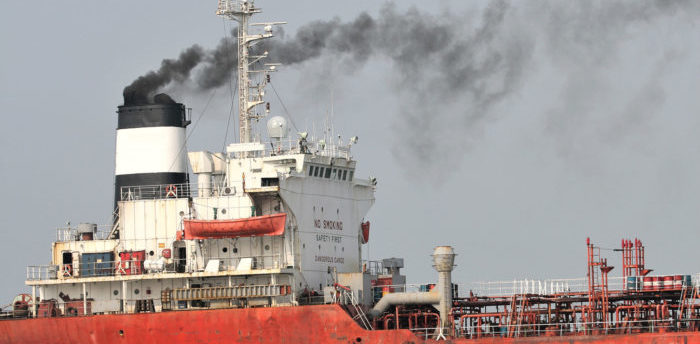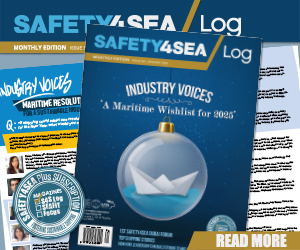Regardless of which zero-carbon fuels emerge in the future, zero emission vessels are likely to be technologically possible in the next few years, but for this to happen, the industry will require confidence in the wider community around the fuel supply chain, a new study reveals.
The finding comes as LR and the University Maritime Advisory Services (UMAS) have published their latest assessment of the current and future fuels available to shipping to help define the optimum solutions as the maritime industry seeks to reduce GHG emissions. The Methanol Institute supported the research.
Building on ground breaking research already undertaken by LR and UMAS into Zero-Emission Vessels (ZEVs) and potential transition pathways to decarbonization, the report examines the three primary pillars of the adoption of zero-carbon fuels when compared with traditional fossil-based fuels; their readiness from an
- investment,
- technology and
- community perspective.
The study illustrates that regardless of which zero-carbon fuels emerge as favoured options from an economic perspective, from an onboard technology perspective, ZEVs are likely to be technologically possible in the next few years.
However, for owners and operators to be confident around future investments, the industry will require confidence in the wider community around the fuel supply chain, both in terms of the availability in the quantities required and the land-based infrastructure for production, supply and distribution.
Assessment of investment readiness of the research includes a complete examination of energy source price scenarios, ship-specific case studies, total cost of operation, fuel related voyage costs, impact on cargo carrying capacity and a sensitivity analysis.
The third element considers lifecycle emissions and the evolution of the energy landscape in other sectors to provide the context of the wider energy and industrial sectors.
This paper is the latest of LR’s low carbon series, following ‘Zero-Emission Vessels: Transition Pathways’, in January 2019.
This paper highlights the importance of using a holistic approach when assessing the fuel choice for the decarbonisation of the shipping industry and brings together two essential elements: the evolution of fuels production and the implications of their use onboard ships. The answers to the strategically important question ‘what will be the future fuel for shipping?’ will require further research and analysis, in that regard, this paper provides an important contribution in answering that question,
…said Carlo Raucci, Principal Consultant, UMAS.
































































